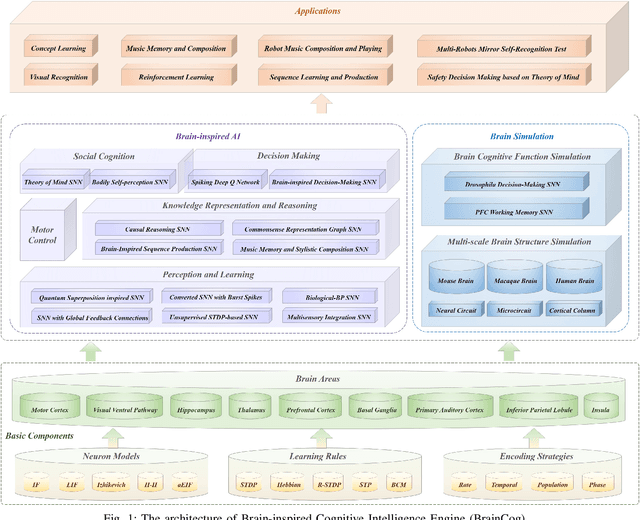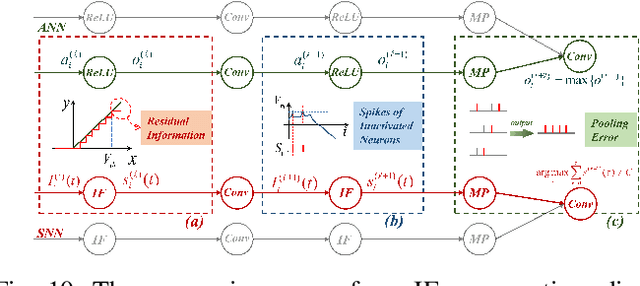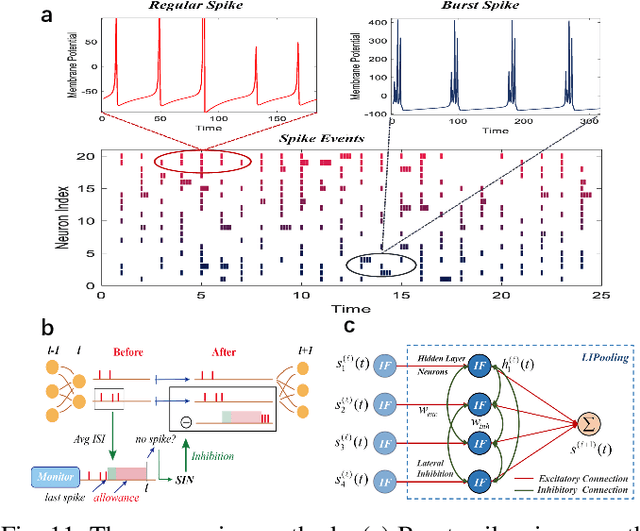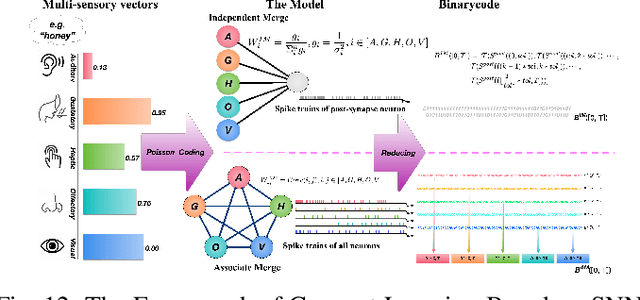Zizhe Ruan
AI Governance InternationaL Evaluation Index (AGILE Index)
Feb 26, 2025Abstract:The rapid advancement of Artificial Intelligence (AI) technology is profoundly transforming human society and concurrently presenting a series of ethical, legal, and social issues. The effective governance of AI has become a crucial global concern. Since 2022, the extensive deployment of generative AI, particularly large language models, marked a new phase in AI governance. Continuous efforts are being made by the international community in actively addressing the novel challenges posed by these AI developments. As consensus on international governance continues to be established and put into action, the practical importance of conducting a global assessment of the state of AI governance is progressively coming to light. In this context, we initiated the development of the AI Governance InternationaL Evaluation Index (AGILE Index). Adhering to the design principle, "the level of governance should match the level of development," the inaugural evaluation of the AGILE Index commences with an exploration of four foundational pillars: the development level of AI, the AI governance environment, the AI governance instruments, and the AI governance effectiveness. It covers 39 indicators across 18 dimensions to comprehensively assess the AI governance level of 14 representative countries globally. The index is utilized to delve into the status of AI governance to date in 14 countries for the first batch of evaluation. The aim is to depict the current state of AI governance in these countries through data scoring, assist them in identifying their governance stage and uncovering governance issues, and ultimately offer insights for the enhancement of their AI governance systems.
STREAM: Social data and knowledge collective intelligence platform for TRaining Ethical AI Models
Oct 09, 2023Abstract:This paper presents Social data and knowledge collective intelligence platform for TRaining Ethical AI Models (STREAM) to address the challenge of aligning AI models with human moral values, and to provide ethics datasets and knowledge bases to help promote AI models "follow good advice as naturally as a stream follows its course". By creating a comprehensive and representative platform that accurately mirrors the moral judgments of diverse groups including humans and AIs, we hope to effectively portray cultural and group variations, and capture the dynamic evolution of moral judgments over time, which in turn will facilitate the Establishment, Evaluation, Embedding, Embodiment, Ensemble, and Evolvement (6Es) of the moral capabilities of AI models. Currently, STREAM has already furnished a comprehensive collection of ethical scenarios, and amassed substantial moral judgment data annotated by volunteers and various popular Large Language Models (LLMs), collectively portraying the moral preferences and performances of both humans and AIs across a range of moral contexts. This paper will outline the current structure and construction of STREAM, explore its potential applications, and discuss its future prospects.
BrainCog: A Spiking Neural Network based Brain-inspired Cognitive Intelligence Engine for Brain-inspired AI and Brain Simulation
Jul 18, 2022



Abstract:Spiking neural networks (SNNs) have attracted extensive attentions in Brain-inspired Artificial Intelligence and computational neuroscience. They can be used to simulate biological information processing in the brain at multiple scales. More importantly, SNNs serve as an appropriate level of abstraction to bring inspirations from brain and cognition to Artificial Intelligence. In this paper, we present the Brain-inspired Cognitive Intelligence Engine (BrainCog) for creating brain-inspired AI and brain simulation models. BrainCog incorporates different types of spiking neuron models, learning rules, brain areas, etc., as essential modules provided by the platform. Based on these easy-to-use modules, BrainCog supports various brain-inspired cognitive functions, including Perception and Learning, Decision Making, Knowledge Representation and Reasoning, Motor Control, and Social Cognition. These brain-inspired AI models have been effectively validated on various supervised, unsupervised, and reinforcement learning tasks, and they can be used to enable AI models to be with multiple brain-inspired cognitive functions. For brain simulation, BrainCog realizes the function simulation of decision-making, working memory, the structure simulation of the Neural Circuit, and whole brain structure simulation of Mouse brain, Macaque brain, and Human brain. An AI engine named BORN is developed based on BrainCog, and it demonstrates how the components of BrainCog can be integrated and used to build AI models and applications. To enable the scientific quest to decode the nature of biological intelligence and create AI, BrainCog aims to provide essential and easy-to-use building blocks, and infrastructural support to develop brain-inspired spiking neural network based AI, and to simulate the cognitive brains at multiple scales. The online repository of BrainCog can be found at https://github.com/braincog-x.
 Add to Chrome
Add to Chrome Add to Firefox
Add to Firefox Add to Edge
Add to Edge